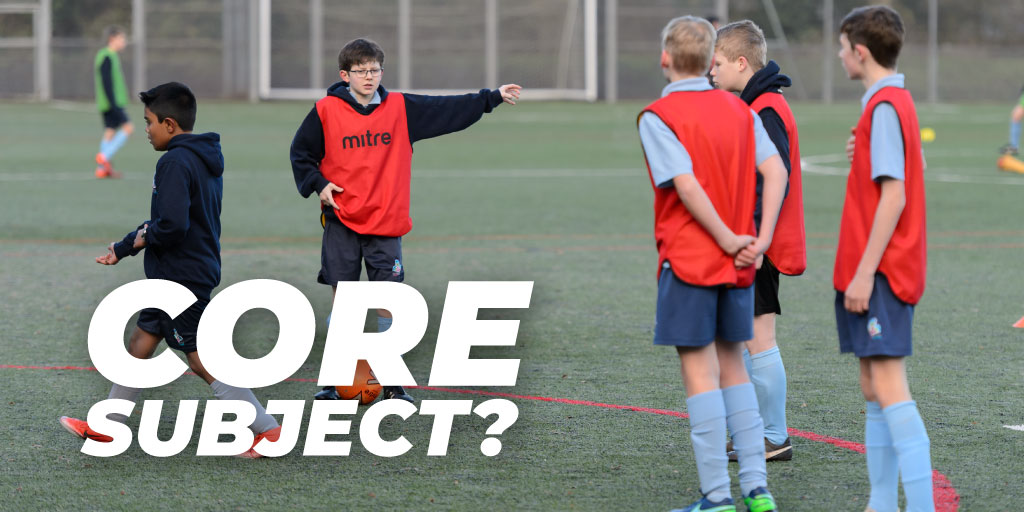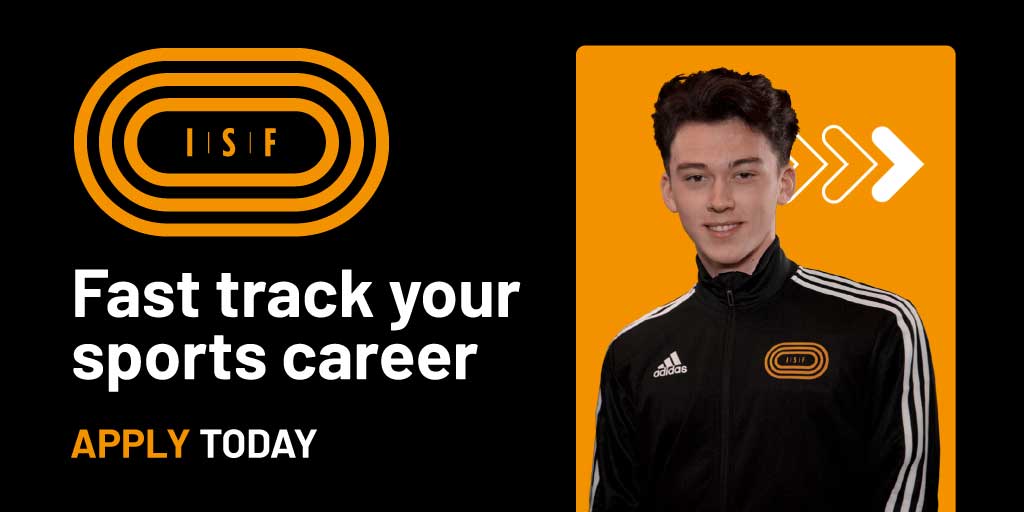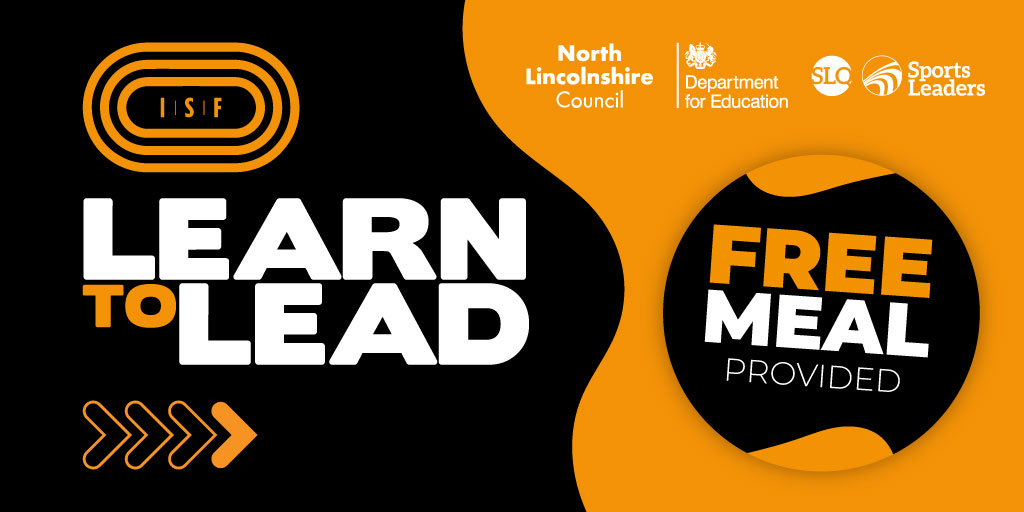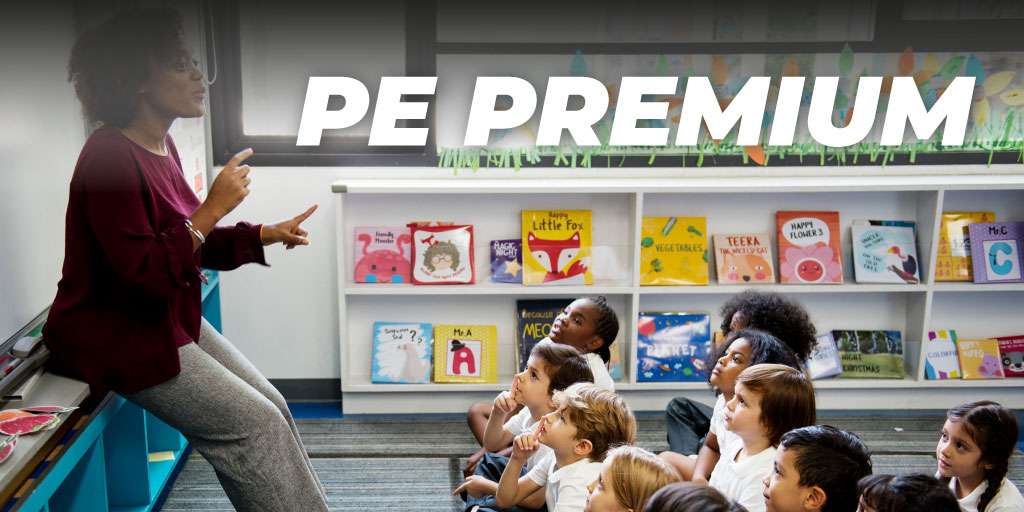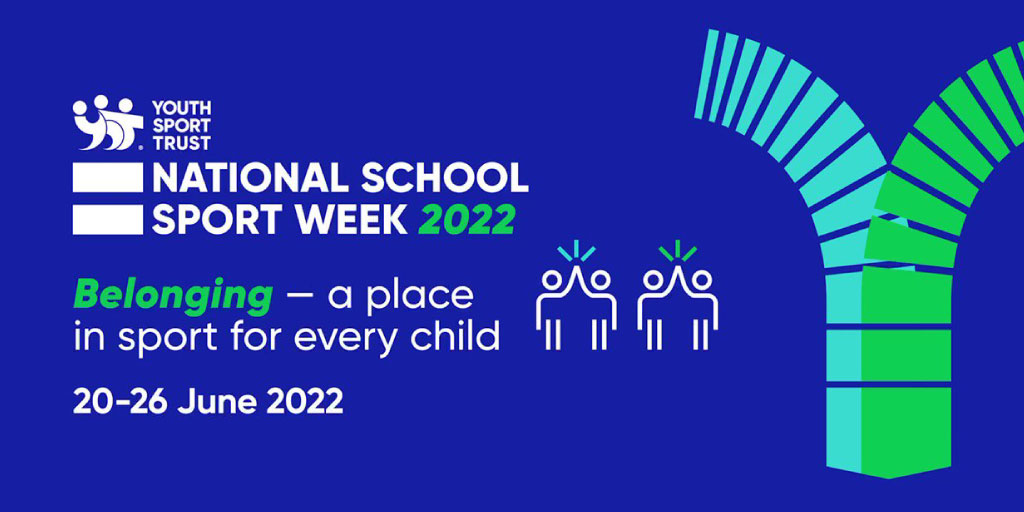Exercise is a necessity for children and adults alike. The benefits to your mental and physical health are unmatched. As issues of obesity continue to rise, our sedentary lifestyles and the impact of pandemic restrictions continue to impact our lives. There has never been a greater case for PE as a core subject.
Earlier this year, MP Edward Timpson made this case in Parliament. He noted that schools; whether state or private, that had prioritised physical education and sport, led the way in academic standing. The “holistic intertwining” as he called it, had social, emotional, and physical benefits.
Research conducted by Youth Sport Trust found that in 2018, more than 40,000 hours of PE were lost in state-funded schools. Most were instances where schools lacked space and resources and therefore replaced PE with numeracy and literacy.
Whether PE becomes a core subject or not, the very basis for the hierarchical learning for children needs to be replaced with a more holistic view, if the benefit of all learning is to be had for all children.
Reduce the threat of obesity in children
Academic life has always been at odds with a child’s natural inclinations. The stress of reaching literacy and numeracy targets has often detracted from a child’s natural propensity toward physical activity. And the risk to children has never been greater than today.
According to the National Child Measurement Programme report 2020-21, obesity rates in children have risen an average of 4.5% from the year before. Children sampled in the study were reception-age children and those in year 6 who were subject to pandemic restrictions for more than 18 months.
It’s a false equivalency to argue that schools should choose between targets for literacy and for physical activity. In fact, existing programmes such as Maths on the Move can enhance numeracy skills, a child’s understanding of commands and physical literacy without losing sight of a single Key Stage goal. Children on these programmes saw a near 90% increase in comprehension and confidence.
Levelling the playing ground
As the government contend with the glaring issues of socioeconomic disparity, it’s clear that for most children, the only level playing ground is school. It’s the one place that most children have in common regardless of background or socioeconomic level.
Sport when instructed and coached appropriately can bridge gaps, whilst empowering and inspiring pupils in and outside of sport. Physically active children can also have a domino effect, encouraging their families and peers to enjoy their favourite sports activities. Creating this affinity with physical activity can carry through to adulthood, effectively impairing those conditions that arise through inactivity.
According to Sport England, 2.1 million adults engage in a team sport at least twice a month. These include people who play sports with workmates, have played sports since they were young, or use them to maintain friendships. Sport and physical activity are key to children being social and maintaining their social links and keeping fit.
PE isn’t just a time to run around when they should be learning to read and write. Physical activity has been known to release stress and anxiety in children and adults. Many adults continue to use physical activity as a de-stressor, for example, to combat exam stress to workplace conundrums.
Teach healthy competition
With professional coaching and instruction, PE offers children an opportunity to develop healthy attitudes to competition. Not to simply win by any means, but to do so by respecting their peers and fellow competitors.
PE is an opportunity to get children active outside of their normal friendship groups. Children can then build bonds with their peers, encouraging them to understand and embrace different skill sets. In this way, teachers can see negative behaviours usually confined to the playground and actively discourage them.
And for the future? What child won’t benefit from strong team working skills? Or understanding the benefits of good leadership or leading by example? Whether these children turn out to be the next Team GB athletes or they make for entrepreneurs and employees, these are the skills they simply can’t and shouldn’t do without.

